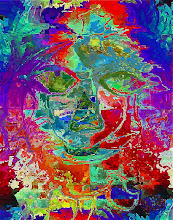In my twenties, because it was the overwhelming trend, I totally gave in to postmodern culture. Caved in, satisfying along the way the strong urgency that was mine to fully articulate an anti-establishment stance. To acquire, by the same occasion, difficult words to explain my posture in such a way as to seriously limit replies. It was a control technique, I admit, quite an efficient one at that, gifted as I was with the right kind of talent to carry such a philosophy through.
So, I went on and on about perpetual motions, change, the evanescence of reality, the impossibility to objectify, the illusions carried by our senses, the unreliability of perception, making mine the principle of uncertainty, everything shredded by critical theory, ultra-skepticism applied to one’s existence and consciousness, the prevalence of ambiguity in all attempts to communicate, an implosion of doubts about rationality. The deconstruction of language to inflate suspicions about meaning and rationality. It was all in there, forlorn.
An attitude undoing everything I had ever built to survive. Destroying, with a stubborn systemic approach, my much needed references to function as a social being. A sophisticated form of torture. Taking away the assurances I had developed to overcome the shortcomings that plagued me.
In short, I had ended up so much ‘against’ that I finally arrived at being against my own self. Throwing away my techniques and methodologies so useful when trying to pose as sane. Discarding with the help of a few cryptic concepts the efficiency of logic, the dependability of axioms, the very notion of truth. Claiming to be unsure (what a contradiction such a statement was…). Forcefully undermining basic assumptions about knowledge. Excited at the sight of inner confusion involving multiplicities of meanings suddenly appearing where I had worked so hard at imposing clarification, lost in webs, that errancy though viewed as a clear sign of intellectual prowess.
The problem was that I was not a thinker. Someone with the ability to separate one’s lifestyle from one’s thoughts. In me, they tended to be the same, cemented as I was in the foundations of the mind to see me through the trickiest challenges that can be. Mainly preoccupied by concreteness, strengthening the relationship binding words to things. My job in that respect being the constant rectification of my mental flaws. To suddenly claim those flaws as the avenue for salvation could only lead to an abrupt collapse. As it did, of course.
I had to stop writing. And had to leave, in a rush.
You see, pressing problems had to be solved. Hesitancy was eating me alive. I mean, if I’m to postulate that I do not perceive reality as it is, that I’m caught in its mere representation, in the inescapable mirror-effect of illusions, how is it possible for me or others to arrive at such a conclusion?
And to be so sure about it?
The statement itself begs to be examined. Do you see like I do the possibility of a heated debate at this point? After all, if I agree with the subjective quality of my perceptions, how can I detail my position without making a clear distinction between illusion and reality? Thus, asserting somewhere, somehow the existence of an objective reality. Can you guess where I’m going with this? Backward.
Also, a child could pinpoint the fallacy: If I know all is an illusion, that very awareness is also one, and it just nullified itself.
Last time I checked, two negatives made a positive. But three, that's a negative. Stuck again.
But lets pretend for an instant that it stands: If I’m never to know reality, what is it then that I know? That I can know?
If I must answer 'nothing' to that question, isn’t that answer by itself a knowledge, a piece of information? From an epistemological perspective, I’m in deep trouble. Again annihilating a statement the second I pronounce it.
It would still be a consciousness, what’s involved in the conclusion that consciousness does not exist, no? If I’m to doubt the very idea of existence, what can there be outside existence that’s able to come up with such a negation?
There are quite complex chains of arguments in the reasoning of Heidegger, Wittgenstein, even Derrida. Despite all my efforts at following these, I keep tumbling over the fact that our guys here do sound very sure of themselves, an attitude tampering with their views on the non-possibility of an absolute.
I was even willing at that point to accept that my neuroses and an intrinsic short-sightedness prevented me from appreciating to its full value the philosophical ballet I tried to be part of. For I really did try, with intensity, total faith, and it is exactly that attitude that drew me away from it. An indefectible faith leading me not to believe. Faith in not believing.
I read them all. Carefully. Hurt every time. Not understanding. Unable to make sense of ideas that claimed the senseless. Profoundly wounded I was. Crying. A vicious despair sucking my life away, nothing figurative. A pain grinding the mind and the body. Existential blood all over me. A brutish discourse attacking my entire being.
Not only had I not found answers, but questions questioned their own relevance by questioning and then denying their status as questions.
I had lost the bit of ground I had managed to acquire, been denied the joy, the pride of achievements, told to profess non-existence through the intellectually complex establishment of my non-consciousness. An arduous non-sensical performance. It took away the purpose of writing. Of course, it did. And I still wonder how these guys were able to keep on writing once language was identified as an oppression mechanism. Once metaphysics was deprived of its ability to carry significance. Once the possibility of something to know was shown not to exist.
Tired, my dear ones. Utterly exhausted.
Reason is what should help me make sense of the activity of my senses. What is it called when the process results in the opposite? Decades later, I’m still looking for the term. And I suspect only poetry can handle that word.
Laolao
So, I went on and on about perpetual motions, change, the evanescence of reality, the impossibility to objectify, the illusions carried by our senses, the unreliability of perception, making mine the principle of uncertainty, everything shredded by critical theory, ultra-skepticism applied to one’s existence and consciousness, the prevalence of ambiguity in all attempts to communicate, an implosion of doubts about rationality. The deconstruction of language to inflate suspicions about meaning and rationality. It was all in there, forlorn.
An attitude undoing everything I had ever built to survive. Destroying, with a stubborn systemic approach, my much needed references to function as a social being. A sophisticated form of torture. Taking away the assurances I had developed to overcome the shortcomings that plagued me.
In short, I had ended up so much ‘against’ that I finally arrived at being against my own self. Throwing away my techniques and methodologies so useful when trying to pose as sane. Discarding with the help of a few cryptic concepts the efficiency of logic, the dependability of axioms, the very notion of truth. Claiming to be unsure (what a contradiction such a statement was…). Forcefully undermining basic assumptions about knowledge. Excited at the sight of inner confusion involving multiplicities of meanings suddenly appearing where I had worked so hard at imposing clarification, lost in webs, that errancy though viewed as a clear sign of intellectual prowess.
The problem was that I was not a thinker. Someone with the ability to separate one’s lifestyle from one’s thoughts. In me, they tended to be the same, cemented as I was in the foundations of the mind to see me through the trickiest challenges that can be. Mainly preoccupied by concreteness, strengthening the relationship binding words to things. My job in that respect being the constant rectification of my mental flaws. To suddenly claim those flaws as the avenue for salvation could only lead to an abrupt collapse. As it did, of course.
I had to stop writing. And had to leave, in a rush.
You see, pressing problems had to be solved. Hesitancy was eating me alive. I mean, if I’m to postulate that I do not perceive reality as it is, that I’m caught in its mere representation, in the inescapable mirror-effect of illusions, how is it possible for me or others to arrive at such a conclusion?
And to be so sure about it?
The statement itself begs to be examined. Do you see like I do the possibility of a heated debate at this point? After all, if I agree with the subjective quality of my perceptions, how can I detail my position without making a clear distinction between illusion and reality? Thus, asserting somewhere, somehow the existence of an objective reality. Can you guess where I’m going with this? Backward.
Also, a child could pinpoint the fallacy: If I know all is an illusion, that very awareness is also one, and it just nullified itself.
Last time I checked, two negatives made a positive. But three, that's a negative. Stuck again.
But lets pretend for an instant that it stands: If I’m never to know reality, what is it then that I know? That I can know?
If I must answer 'nothing' to that question, isn’t that answer by itself a knowledge, a piece of information? From an epistemological perspective, I’m in deep trouble. Again annihilating a statement the second I pronounce it.
It would still be a consciousness, what’s involved in the conclusion that consciousness does not exist, no? If I’m to doubt the very idea of existence, what can there be outside existence that’s able to come up with such a negation?
There are quite complex chains of arguments in the reasoning of Heidegger, Wittgenstein, even Derrida. Despite all my efforts at following these, I keep tumbling over the fact that our guys here do sound very sure of themselves, an attitude tampering with their views on the non-possibility of an absolute.
I was even willing at that point to accept that my neuroses and an intrinsic short-sightedness prevented me from appreciating to its full value the philosophical ballet I tried to be part of. For I really did try, with intensity, total faith, and it is exactly that attitude that drew me away from it. An indefectible faith leading me not to believe. Faith in not believing.
I read them all. Carefully. Hurt every time. Not understanding. Unable to make sense of ideas that claimed the senseless. Profoundly wounded I was. Crying. A vicious despair sucking my life away, nothing figurative. A pain grinding the mind and the body. Existential blood all over me. A brutish discourse attacking my entire being.
Not only had I not found answers, but questions questioned their own relevance by questioning and then denying their status as questions.
I had lost the bit of ground I had managed to acquire, been denied the joy, the pride of achievements, told to profess non-existence through the intellectually complex establishment of my non-consciousness. An arduous non-sensical performance. It took away the purpose of writing. Of course, it did. And I still wonder how these guys were able to keep on writing once language was identified as an oppression mechanism. Once metaphysics was deprived of its ability to carry significance. Once the possibility of something to know was shown not to exist.
Tired, my dear ones. Utterly exhausted.
Reason is what should help me make sense of the activity of my senses. What is it called when the process results in the opposite? Decades later, I’m still looking for the term. And I suspect only poetry can handle that word.
Laolao



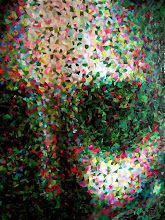
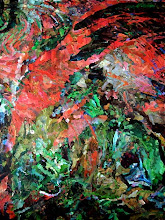
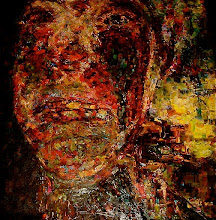
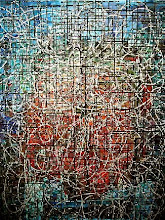
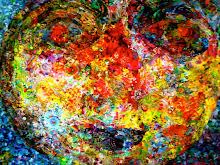
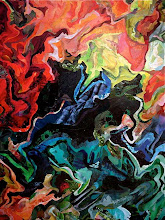
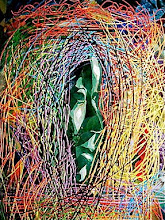
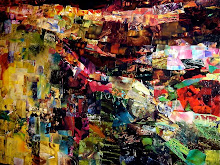
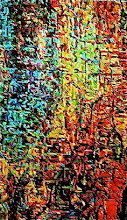
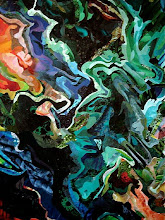
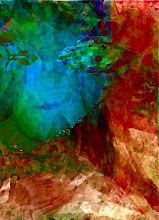.jpg)
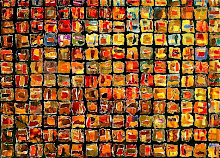
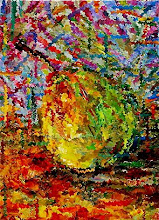
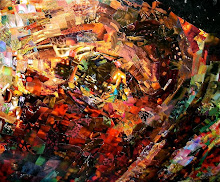
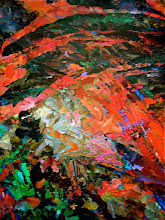
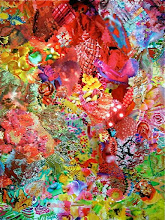
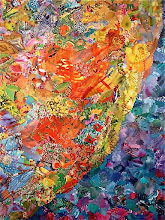
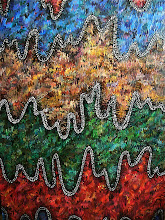
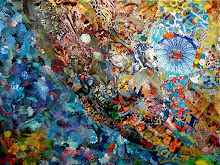
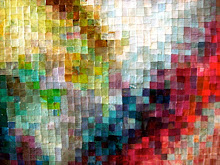
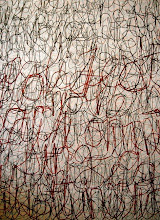
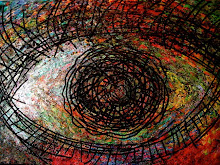
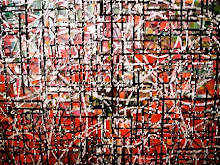
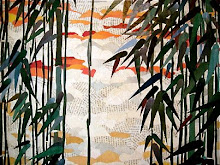
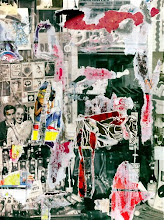
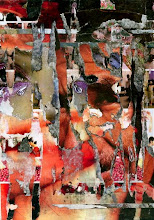
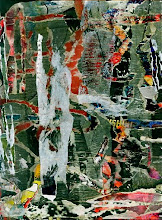
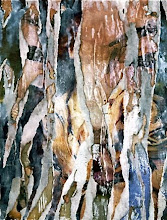


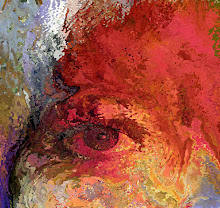
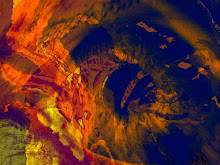
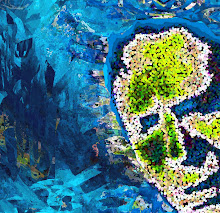
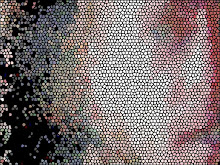.jpg)
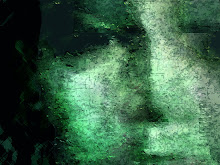
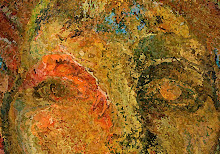
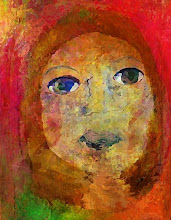.jpg)
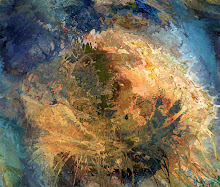
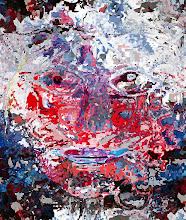
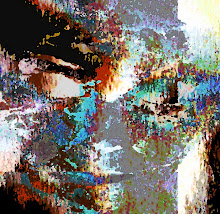
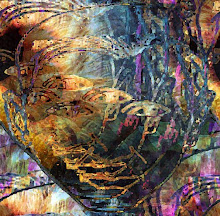


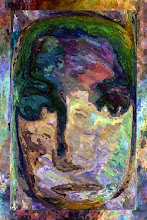photo+album).jpg)
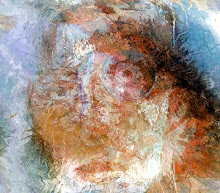.jpg)
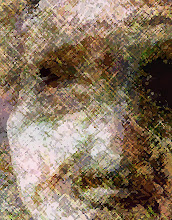
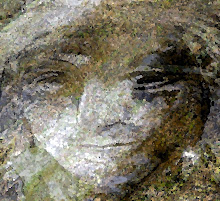
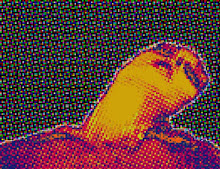
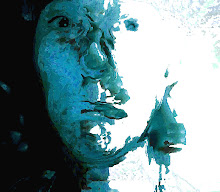
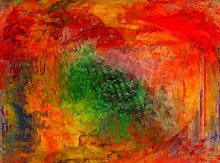





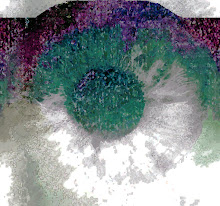
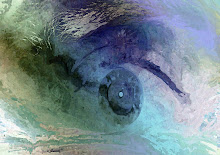

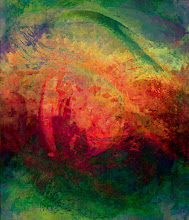

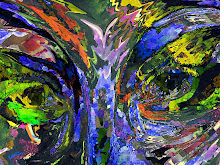
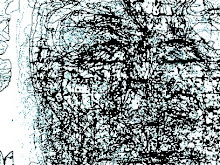.jpg)
